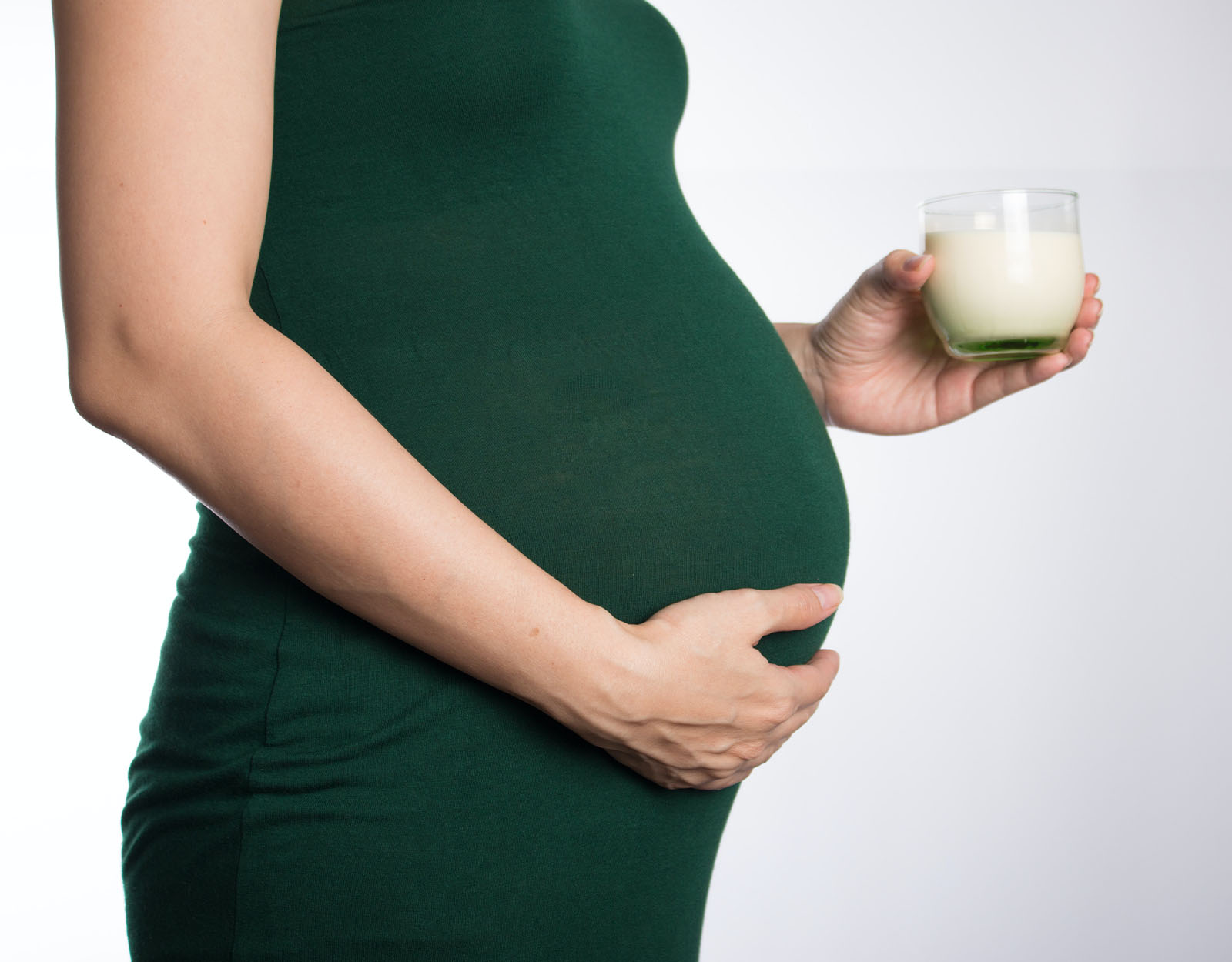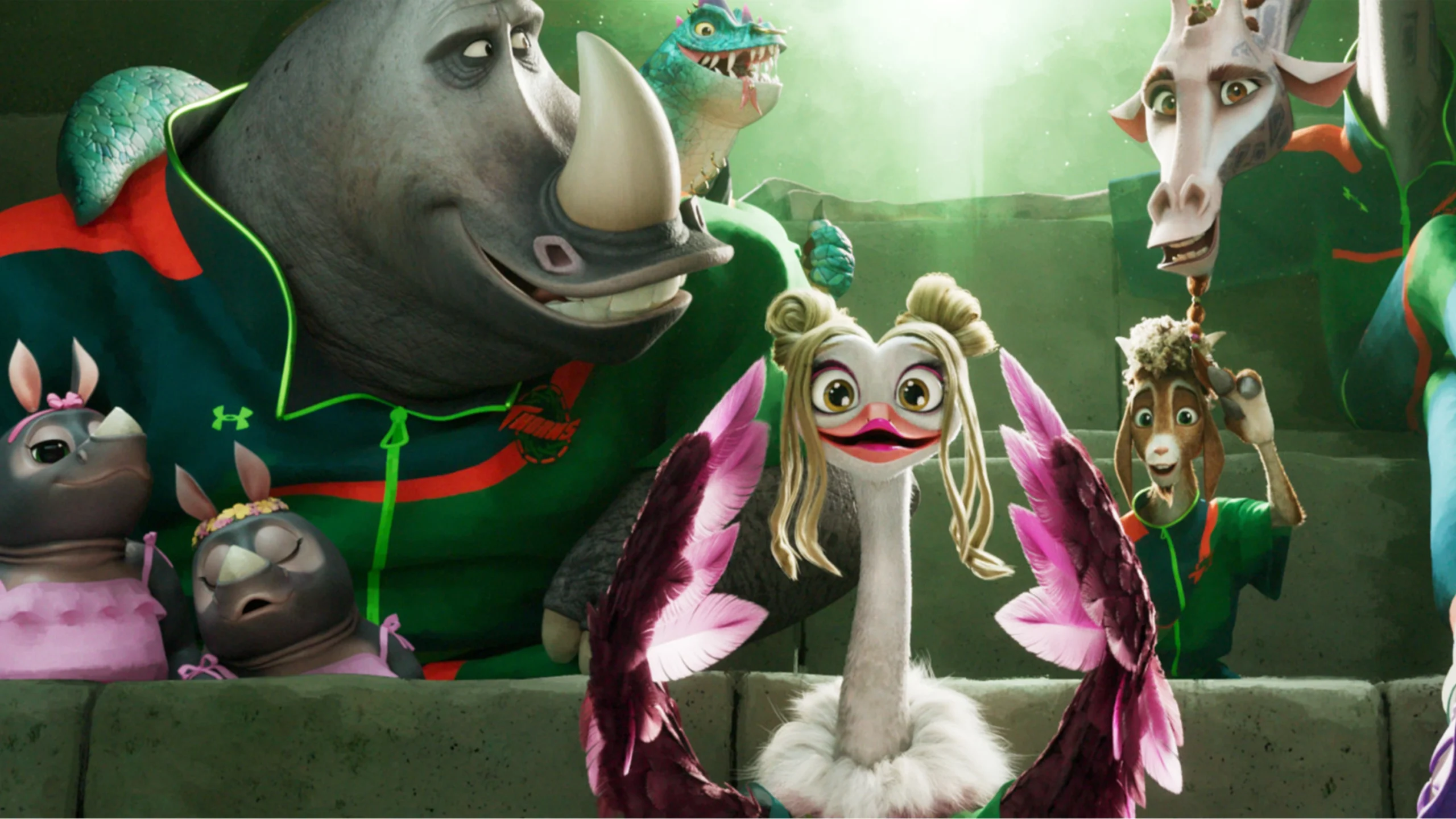Can a Pregnant Mom’s Health Predict a Baby’s Personality?
Some studies have shown that a pregnant woman’s health can have a significant effect on her baby’s personality.
The collaboration between Nurture and Nature runs deeper than many think. Besides DNA, which serves as the Nature component of our baby’s personality, there’s also Nurture in the form of a mom-to-be’s overall health. When we’re pregnant, our baby doesn’t just get the nutrients from the food we eat. They also deal with our body’s chemistry via hormones. Because nutrients play a vital role in a baby’s development, it’s also possible that a pregnant mom’s health affects personality albeit indirectly.
If our DNA contributes components of our baby’s personality then, our health while pregnant appears to influence how strongly those parts manifest.

How does a mom’s health impact her baby’s personality?
Although most say that we don’t know how a baby behaves until they’re born, some studies showed that there is some correlation where a pregnant mom’s anguish during pregnancy predicts how difficult or fussy the baby’s personality will be. They also predicted that a pregnant mother’s stress may make babies more prone to low birth weight since the food the mother consumes will be used more to deal with the source of distress rather than routing it to the baby (Davis, Snidman, Glynn, Schetter, and Sandman, 2004; Bailey and Byrom, 2007; Satyanarayana, Lukose, Srinivasan, 2011).
But it’s also no surprise that the mode of delivery can affect a baby’s well-being, either directly or indirectly. Because some moms clearly remember their childbirth experience even after five years, both the good and bad memories can influence their relationship with their child (Takehara, Noguchi, Shimane, Misago, 2014). However, when some of us just need that epidural, it can cause our brains to plant “false” memories or leave our memories of childbirth like a broken jigsaw puzzle to reduce the stress on our minds (Stadlmayr, Amsler, Lemola, Stein, Alt, Bürgin, Surbek, and Bitzer, 2006).

But does diet have an effect, too?
Diets do have a hand but it doesn’t have that big effect on its own. Compared to the degree of effects of DNA and a mom’s personality on a baby’s temperament, it’s not enough to completely influence a baby’s temperament (Schoeps, de Castro, Peterson, Wall, D’Souza, Waldie, and Morton, 2022).
But we did discover that this is how some babies become picky with their food! The fluid in the baby’s amniotic sac transmits both nutrients and flavor, teaching them what kind of food to eat. It would explain the cravings and the throwing up, showing that babies do learn what good food is in the womb. Even after they’re born, a baby’s preference for breast milk may be affected by the sudden change in diet (Mennella, Jagnow, Beauchamp, 2001).
Mental health affects our baby’s personality the most.
Although we always try our best to eat healthy to promote our baby’s development, what helps our baby more is our state of mind. Because our mental health is based on hormones that go through the bloodstream, it gets mixed in with our baby’s blood, which can affect how their personalities are formed and how their brains respond. It’s why many moms and OB-GYNs advocate for support groups and call dads-to-be to be more nurturing. Their support for their pregnant wife goes a long way!
Reference
Bailey, B. A., & Byrom, A. R. (2007). Factors predicting birth weight in a low-risk sample: the role of modifiable pregnancy health behaviors. Maternal and Child Health Journal, 11, 173-179.
Davis, E. P., Snidman, N., Wadhwa, P. D., Glynn, L. M., Schetter, C. D., & Sandman, C. A. (2004). Prenatal maternal anxiety and depression predict negative behavioral reactivity in infancy. Infancy, 6(3), 319-331.
Mennella, J. A., Jagnow, C. P., & Beauchamp, G. K. (2001). Prenatal and postnatal flavor learning by human infants. Pediatrics, 107(6), e88-e88.
Satyanarayana, V. A., Lukose, A., & Srinivasan, K. (2011). Maternal mental health in pregnancy and child behavior. Indian journal of psychiatry, 53(4), 351.
Schneider-Worthington, C. R., Fouts, A., Chandler-Laney, P. C., & Bahorski, J. S. (2022). Infant temperament is associated with maternal feeding behaviors in early infancy. Appetite, 168, 105686.
Schoeps, A., de Castro, T. G., Peterson, E. R., Wall, C., D’Souza, S., Waldie, K. E., & Morton, S. (2022). Associations between antenatal maternal diet and other health aspects with infant temperament in a large multiethnic cohort study: a path analysis approach. BMJ open, 12(2), e046790.
Stadlmayr, W., Amsler, F., Lemola, S., Stein, S., Alt, M., Bürgin, D., Surbek, D. & Bitzer, J. (2006). Memory of childbirth in the second year: the long-term effect of a negative birth experience and its modulation by the perceived intranatal relationship with caregivers. Journal of Psychosomatic Obstetrics & Gynecology, 27(4), 211-224.
Takehara, K., Noguchi, M., Shimane, T., & Misago, C. (2014). A longitudinal study of women’s memories of their childbirth experiences at five years postpartum. BMC pregnancy and childbirth, 14, 1-7.
More about maternal health?
Did You Know That Pregnancy and Breastfeeding Can Affect a Mom’s Eyesight?
Melissa Ricks Recalls the Birth of Her Second Baby Girl
Easy or Fussy: How DNA Affects Our Baby’s Personality









